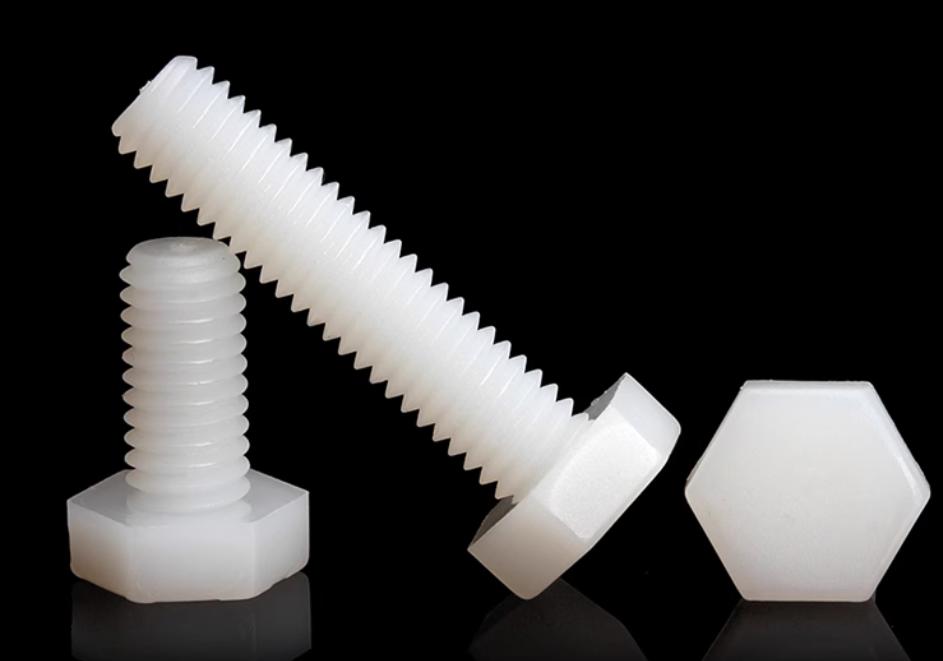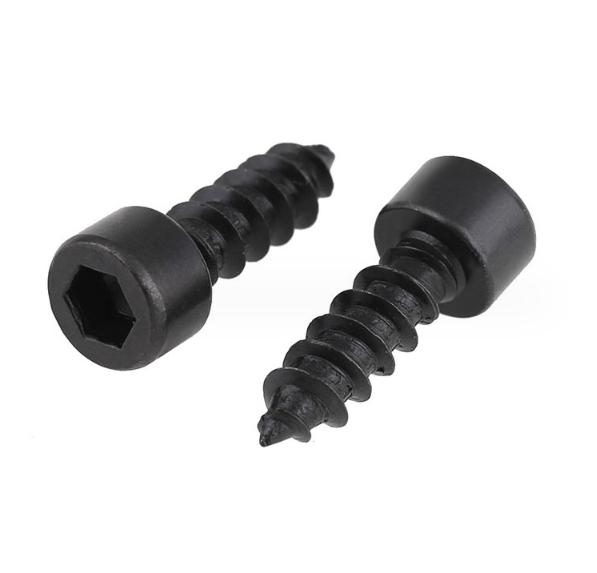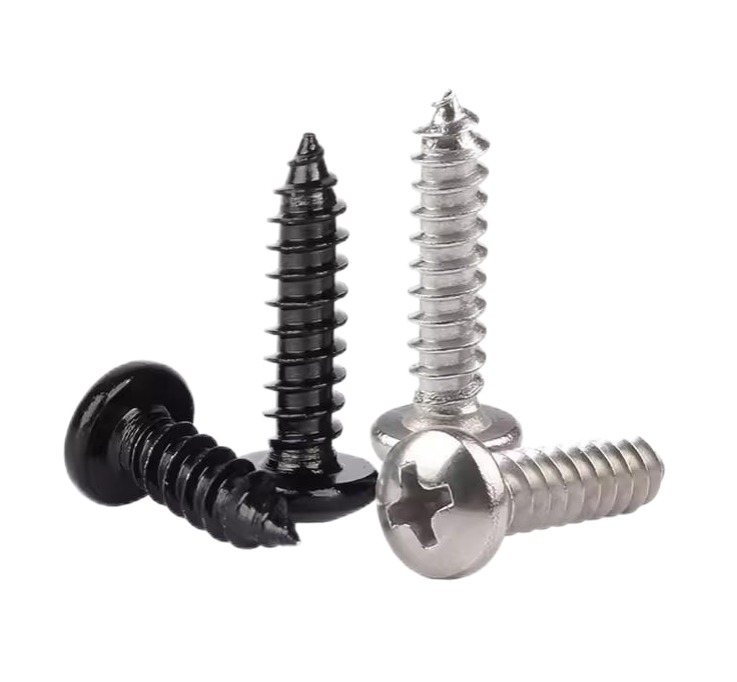Common Materials for Set Screws: How to Choose the Right One
Table of Contents
A set screw, also known as a grub screw or binding screw, is a common type of mechanical fastener. It is typically used to secure or position a mechanical component so that it does not move relative to another component. Set screws come in various materials, each with its unique properties, suitable for different working environments and requirements.

Common Set Screw Materials
Set screws are manufactured from a variety of materials, each with distinct characteristics. Below are the most common materials used:
- Stainless Steel
- Carbon Steel
- Copper
- Aluminum
- Titanium
- Plastic
Each type of material for set screws is chosen based on the specific needs of the application, balancing factors such as strength, corrosion resistance, weight, and cost. Understanding the properties of different materials can help in selecting the appropriate set screw for various tasks, ensuring the reliability and longevity of the mechanical assembly.
Advantages, Disadvantages and Applications of Different Set Screw Materials
Different materials offer various advantages and limitations based on factors such as corrosion resistance, strength, weight, and suitability for specific environments. The table below compares common set screw materials, outlining their key advantages, disadvantages, and typical applications.
| Material | Advantages | Disadvantages | Applications |
| Stainless Steel | Corrosion resistance: Ideal for exposure to moisture, chemicals, outdoor environments. | Cost: More expensive than carbon steel and aluminum. | Outdoor equipment |
| High strength: Durable under various loads. | Wear: Prone to galling, causing installation/removal difficulties. | Marine applications | |
| Versatile: Resistant to rust and wear. | / | Chemical processing equipment | |
| Carbon Steel | High strength: Handles heavy loads. | Corrosion: Prone to rust unless treated or coated. | Automotive industry |
| Affordable: Cost-effective performance. | Brittleness: Can become brittle in low temperatures. | Heavy machinery | |
| Durable: Withstands mechanical stresses well. | / | Construction and infrastructure | |
| Copper | Conductivity: Ideal for electrical applications. | Low strength: Limited for high-load applications. | Electrical systems |
| Corrosion resistance: Resists tarnishing. | Higher cost: More expensive than carbon steel and aluminum. | Plumbing fixtures | |
| Aesthetic appeal: Visually appealing reddish-brown color. | / | Decorative hardware | |
| Aluminum | Lightweight: Great for weight-critical applications. | Lower strength: Unsuitable for heavy loads. | Aerospace industry |
| Corrosion resistance: Suitable for humid environments. | Softness: Deforms under high pressure, limiting structural uses. | Lightweight structures | |
| Easy to machine: Cost-effective customization. | / | Electronics | |
| Titanium | Strength-to-weight ratio: Strong yet lightweight. | High cost: Expensive compared to other materials. | Aerospace and defense |
| Corrosion resistance: Ideal for extreme environments. | Difficult to machine: Hardness adds to production costs. | Medical implants | |
| High-temperature resistance | / | High-performance racing | |
| Plastic | Corrosion resistance: Does not rust. | Low strength: Limited to light-duty applications. | Consumer electronics |
| Lightweight: Suitable for non-load-bearing applications. | Temperature sensitivity: Deforms or melts under high heat. | Light-duty furniture | |
| Electrical insulation: Non-conductive. | / | Electrical components |

How to Choose the Right Set Screw Material?
Selecting the right set screw material is crucial to the success and longevity of your project. Here are several key factors to consider when making your choice:
1. Environmental Factors
- If your application involves exposure to moisture, chemicals, or outdoor elements, corrosion-resistant materials like stainless steel, titanium, or aluminum should be prioritized. These materials prevent rust and degradation, extending the life of your set screws.
- For indoor applications where corrosion is less of a concern, carbon steel may offer a cost-effective and durable solution.
2. Load and Strength Requirements
- For high-load or heavy-duty applications, carbon steel or titanium are excellent choices due to their strength and durability. These materials can withstand mechanical stresses and ensure the stability of the connection.
- If the load is minimal or the application is light-duty, plastic or aluminum set screws may suffice.
3. Weight Considerations
- In industries like aerospace or automotive, where minimizing weight is critical, aluminum and titanium are preferred due to their high strength-to-weight ratio. This helps to reduce the overall weight without sacrificing performance.
- Plastic screws are another lightweight option but should only be used for non-structural purposes.
4. Electrical Conductivity or Insulation
- If the set screws are used in an electrical application, copper is ideal due to its excellent conductivity. However, if electrical insulation is required, plastic screws are the best choice.
5. Cost
- Budget is always an important factor in material selection. Carbon steel and aluminum are more affordable options, while titanium and stainless steel offer superior performance at a higher cost. For low-budget projects, carbon steel provides a good balance of strength and affordability.
- Copper and titanium, while expensive, are reserved for specific high-performance or specialized applications where cost may not be the primary concern.

To sum up, choosing the right set screw material can greatly impact the performance and longevity of your mechanical assembly. Each material, whether stainless steel, carbon steel, copper, aluminum, titanium, or plastic, has its own unique set of advantages and disadvantages. By carefully considering factors such as environmental conditions, load requirements, weight, and budget, you can ensure that your selection will meet the needs of your specific application. Ultimately, a well-chosen set screw will improve the reliability and durability of the entire system, saving time and resources in the long run.








